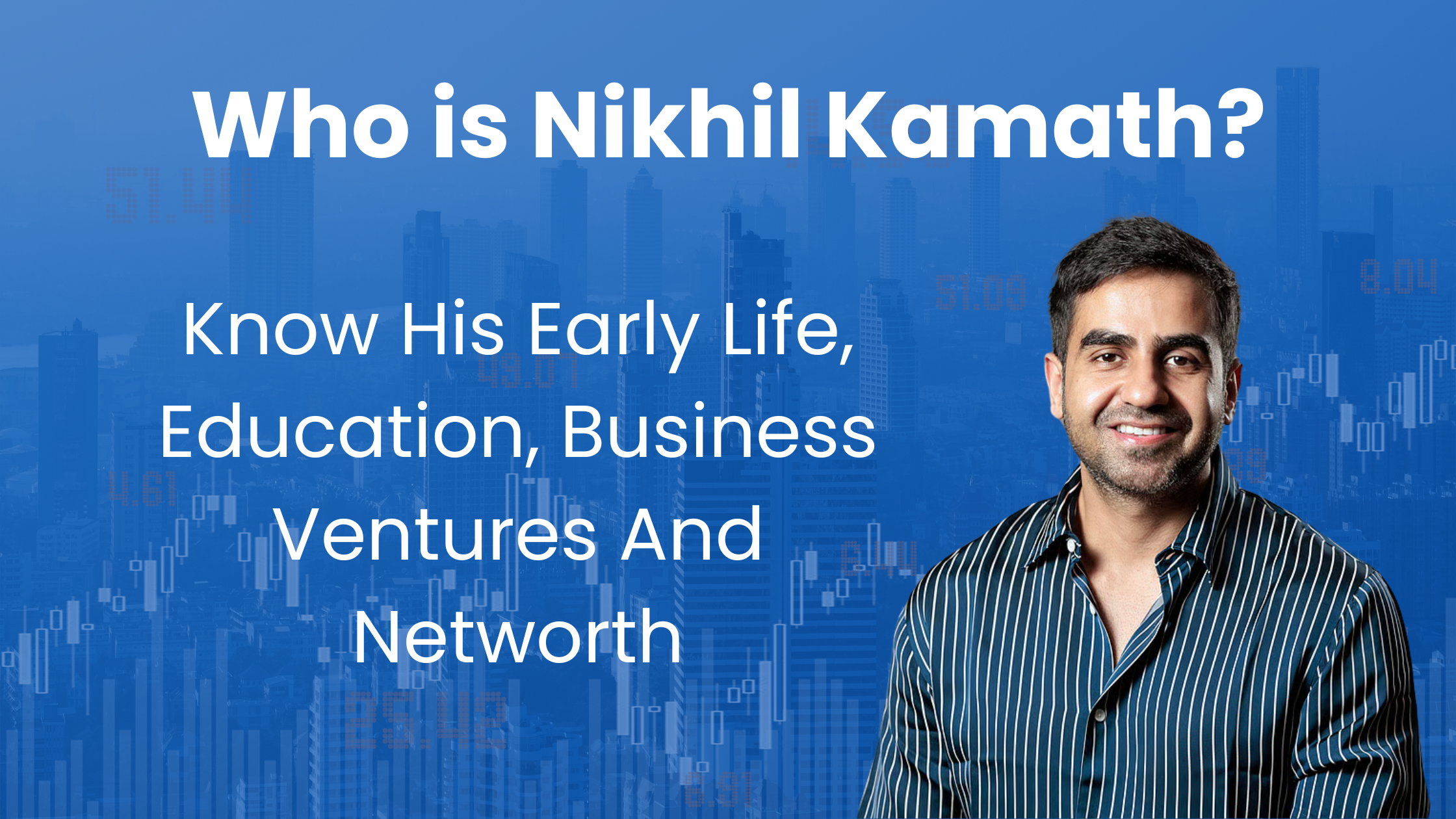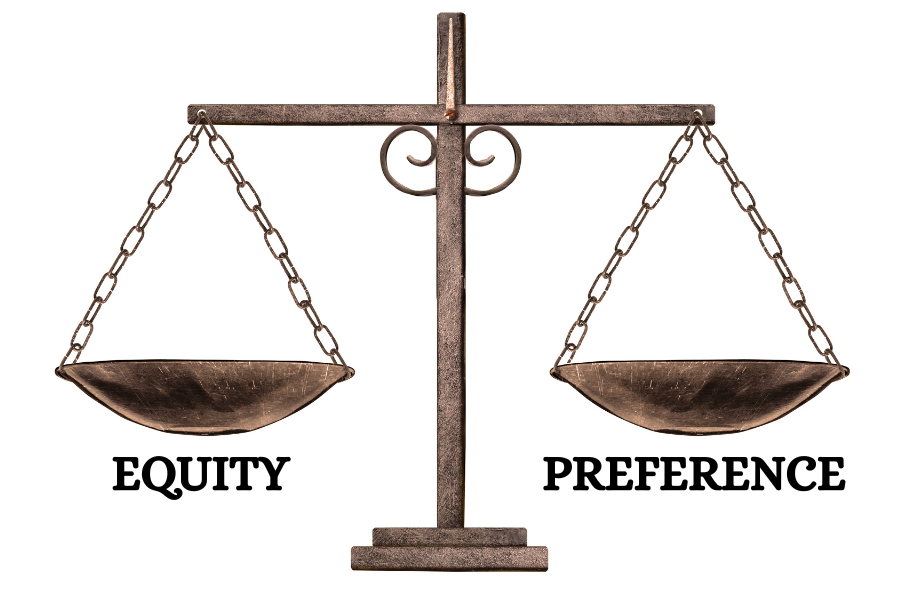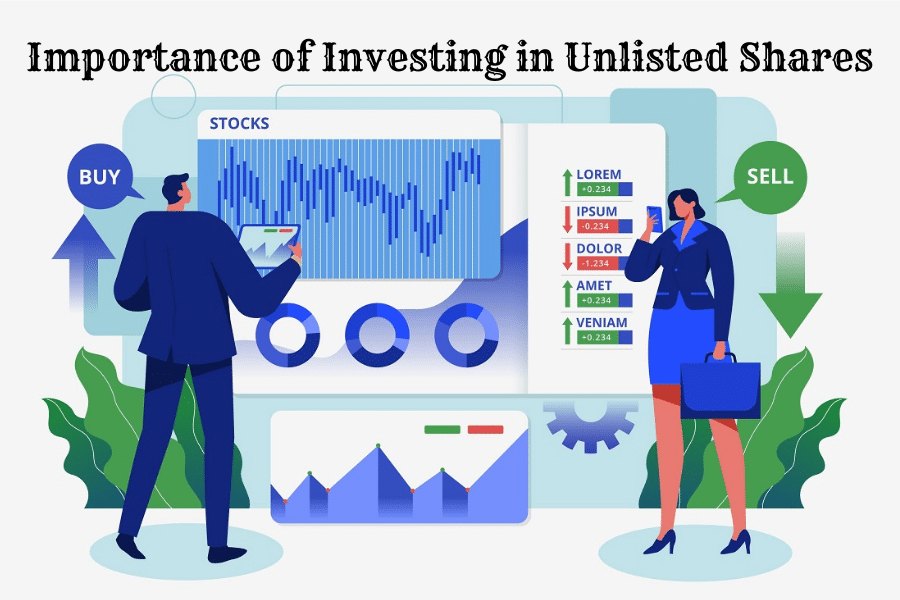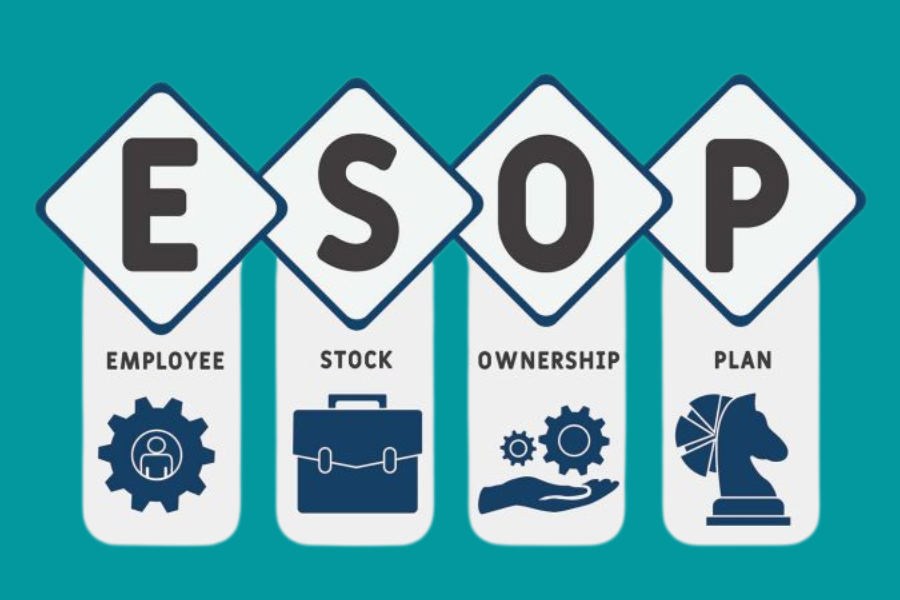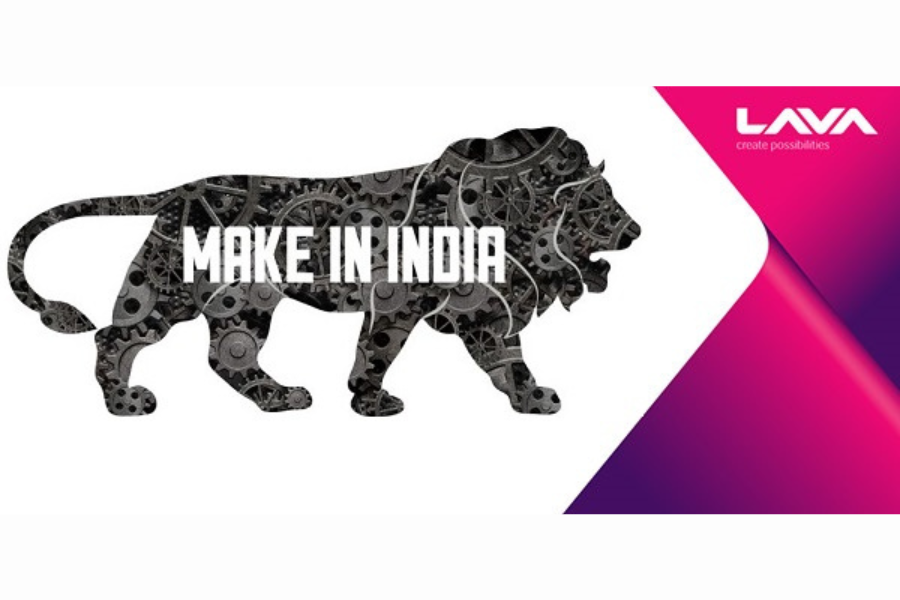Table of Contents
Buy/Sell Your Unlisted Shares
Submit the details below to share a quote.
Nikhil Kamath is an Indian entrepreneur, investor, and philanthropist, best known as the co-founder of Zerodha, India’s largest retail stock brokerage.
With no formal higher education and a career that began in a call centre, Kamath has defied conventional paths to become one of India’s most influential business figures. Today, he is recognised not only for his financial acumen but also for his contributions to investing, startup mentoring, and philanthropy.
This article explores the life, career, and ventures of Nikhil Kamath, touching upon his background, net worth, education, and initiatives such as WTFund and True Beacon.
Early Life and Education
Born on September 5, 1986, in Shimoga, Karnataka, Nikhil Kamath’s age is 38 as of 2025. Raised in a middle-class Konkani family, his father worked at Canara Bank while his mother was a veena artist.
Nikhil Kamath’s education was unconventional. He dropped out of school after class 10, citing disinterest and lack of engagement with the formal education system. Despite this, he cultivated a deep understanding of financial markets through self-learning.
He began working at a call centre for ₹8,000 per month, and he started experimenting with trading in stocks, a skill he would later turn into a fortune.
Career Beginnings
Kamath began working at a call centre at the age of 17 for ₹8,000 per month. Meanwhile, he began experimenting with stock trading. His intuitive understanding of market trends helped him deliver consistent returns.
His early successes quickly attracted attention. More colleagues asked him to manage their money, and by his final year at the call centre, Nikhil was handling investments for the entire team. His performance earned him enough incentives to stay financially secure.
Zerodha: A Disruption in Indian Stock Broking
A few years later in 2010, Nikhil co-founded Zerodha with his elder brother, Nithin Kamath. At the time, India’s stockbroking space was dominated by traditional full-service brokers who charged hefty fees.
Zerodha introduced a disruptive model—flat-fee brokerage. This approach rapidly gained popularity among retail investors looking for cost-effective trading solutions.
Today, Nikhil Kamath Zerodha is a name synonymous with innovation in India’s fintech space. Zerodha has grown to become the largest stock brokerage in India by active clients, reportedly managing over 10 million accounts.
Zerodha’s success was built on three pillars:
Low Fees – Offering trades at a flat rate or for free.
Digital Access – An entirely online platform that eliminates paperwork.
Transparency – Clear communication of risks and tools to educate investors.
Ventures Beyond Zerodha
True Beacon
In 2020, Kamath launched True Beacon, a wealth management company aimed at ultra-high-net-worth individuals. This venture brought a novel “zero fee” model to asset management, aligning the fund’s income with client returns rather than fixed charges.
True Beacon integrates Indian public equity with a global outlook. It focuses on preserving wealth through sophisticated strategies and has attracted some of the country’s wealthiest investors.
Gruhas
Another major venture under Kamath’s belt is Gruhas, co-founded with Abhijeet Pai (of the Puzzolana Group). Gruhas is a prop-tech and real estate investment platform focused on early-stage startups and emerging technologies in construction, infrastructure, and sustainability.
Rainmatter: Driving Innovation Through Capital and Mentorship
Rainmatter is a fintech incubator and fund launched by Zerodha, co-founded by Nikhil Kamath and his brother Nithin Kamath. Launched in 2016, Rainmatter provides:
Seed funding
Strategic mentorship from the Kamath brothers and Zerodha team
Technical infrastructure and API support via Zerodha’s trading platform
Its mission is to build a better ecosystem around finance, investing, and long-term health both financial and environmental.
WTFund: Empowering India’s Young Innovators
One of Nikhil’s most impactful initiatives is the WTFund, short for “What The Fund.”
This fund was launched to support young entrepreneurs under the age of 25. It provides seed grants, mentorship, and visibility to early-stage startups.
Unlike traditional VCs, WTFund is non-dilutive, meaning it does not take equity in return for funding. This model helps young founders retain control over their ideas while accessing capital and experienced guidance.
As of 2025, WTFund Nikhil Kamath has supported over 20 startups across domains like fintech, edtech, climate tech, and D2C products. The fund reflects Kamath’s belief in nurturing next-generation leaders by focusing on talent, not just business plans.
Nikhil Kamath’s Net Worth and Wealth
According to Forbes, Nikhil Kamath’s net worth as of 2025 stands at $2.6 billion, which translates to approximately ₹21,000 crore in rupees. He became India’s youngest self-made billionaire, a title previously held by more traditionally educated entrepreneurs.
His wealth comes not only from Zerodha but also from his holdings in True Beacon and Gruhas and strategic investments in various startups and real estate projects.
Kamath’s disciplined investment philosophy and data-driven decision-making have contributed to the efficient growth of his net worth.
Nikhil Kamath House and Lifestyle
Although Kamath once publicly stated he preferred renting over buying real estate due to its flexibility, he changed course in 2023 by purchasing a luxury 7,000 sq. ft. apartment in Kingfisher Towers, Bangalore.
This is located in one of the city’s most prestigious areas. Nikhil Kamath’s house features panoramic views, cutting-edge interiors, and sustainable design elements.
Philanthropy and The Giving Pledge
Kamath made headlines when he became one of the youngest signatories of The Giving Pledge in 2023. Founded by Warren Buffett and Bill & Melinda Gates, the pledge commits billionaires to give away at least 50% of their wealth to charitable causes during their lifetime or in their will.
Kamath’s philanthropic focus includes:
Education for underprivileged children
Climate change initiatives
Mental health awareness
Healthcare infrastructure
By publicly committing to these causes, Kamath has reinforced the growing trend among Indian entrepreneurs to actively contribute to social transformation.
WTF is – About the Nikhil Famous Podcast
Aside from his ventures, Kamath hosts the podcast “WTF is”. “WTF”, which stands for “What The Future,” is a reflective and thought-provoking platform where Kamath explores a wide range of topics and interviews experts from business, politics, and entertainment.
Guests have included top leaders like Prime Minister Narendra Modi, Raghuram Rajan – Former RBI Governor and economist, Sudha Murthy – Author and philanthropist.
His public speaking engagements, interviews, and social media commentary have made him a thought leader on topics like financial literacy, startup funding, and the psychology of wealth.
Kamath – Awards and Recognition
Nikhil Kamath has earned wide recognition for his contributions to the Indian financial ecosystem, fintech innovation, and his entrepreneurial vision. Some of the notable awards and honours include:
Forbes 30 Under 30 (Asia) – Finance & Venture Capital (2016)
Recognised for disrupting India’s brokerage industry with Zerodha at a young age.Forbes India’s Richest List – Youngest Self-Made Billionaire (2021 onwards)
Acknowledged as India’s youngest self-made billionaire, with continued appearances in annual rankings.
Fortune India’s 40 Under 40 (2020) Featured among India’s most influential young leaders for his role in democratizing stock trading.
Final Thoughts
Nikhil Kamath is more than just a billionaire. He is a symbol of what’s possible in modern India—a nation where digital infrastructure, youth ambition, and entrepreneurial daring intersect.
Whether through Zerodha, True Beacon, Gruhas, or WTFund, Kamath continues to redefine what it means to be a business leader in the 21st century.
As he balances enterprise with philanthropy and scale with simplicity, Kamath stands as a reminder that success, when rooted in authenticity and purpose, can shape an entire generation.


